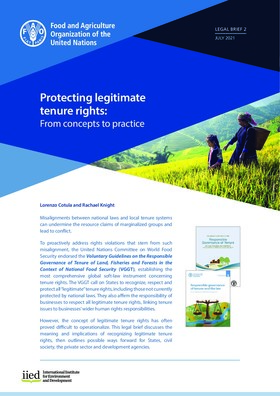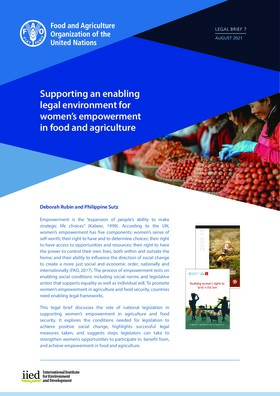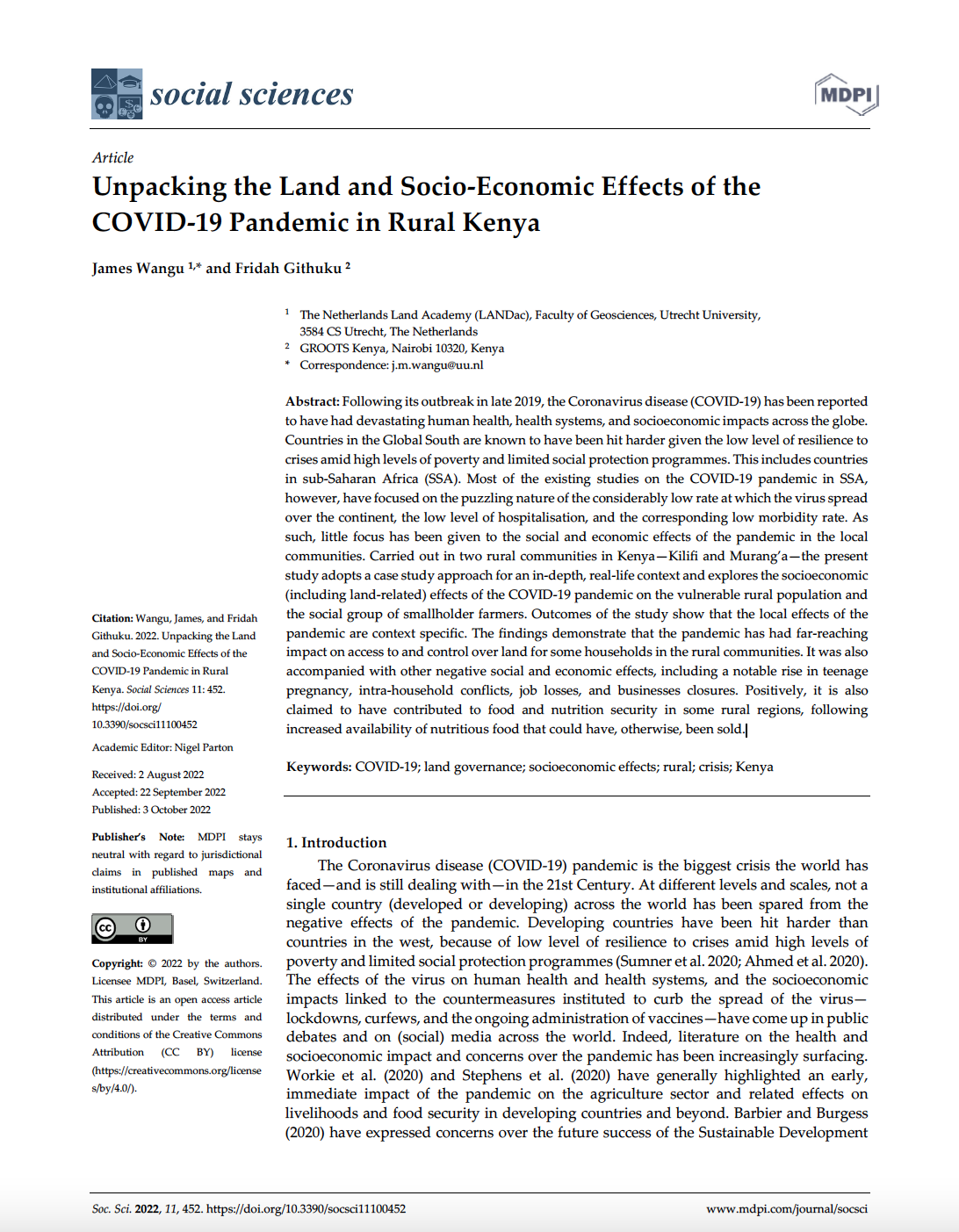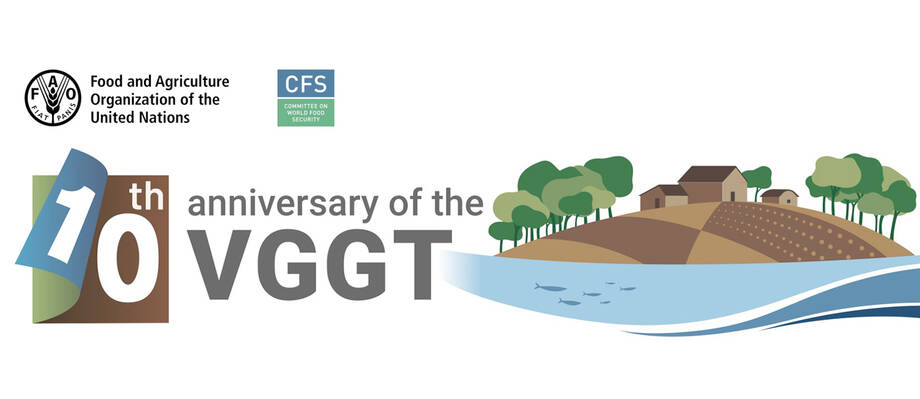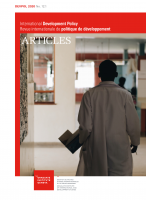Land Rights Matter – Global Programme Responsible Land Policy
In this introductory video to the Global Programme Responsible Land Policy answers are given to what it wants to achieve, how it works and why land rights are so important. The Global Programme is commissioned by the German Federal Ministry for Economic Cooperation and Development (BMZ), co-funded by the European Union and works in Benin, Burkina Faso, Côte d’Ivoire, Ethiopia, Laos, Madagascar, Peru (completed in 2021), Uganda and Paraguay (completed in 2018).
Support to Responsible Agricultural Investments Project in Ethiopia
The Support to Responsible Agricultural Investments project (S2RAI) promotes internationally recognised principles and guidelines such as the Voluntary Guidelines on the Responsible Governance of Tenure of Land, Fisheries and Forests (VGGT), and Responsible Agricultural Investment (RAI) to ensure food security and secure land tenure rights for communities in the context of large-scale commercial land investment as well as strengthen the institutional frameworks and coordination structures at federal and regional levels in relations to responsible agricultural investment in Ethiopia.
Mujeres Rurales y Tierra en Ecuador
Este documento analiza las relaciones de género en la problemática agraria ecuatoriana, con especial énfasis en las brechas en el acceso a la tierra. Además, estudia el rol que juega la mujer en la defensa del derecho a la alimentación y el derecho a la tierra, pero también su lucha por el territorio, a partir de un estudio de caso emblemático en Ecuador: el caso de la Asociación de Montubios Autónomos de Colimes (ASOMAC).
Protecting legitimate tenure rights: From concepts to practice
Supporting an enabling legal environment for women’s empowerment in food and agriculture
Empowerment is the “expansion of people’s ability to make strategic life choices”. According to the UN, women’s empowerment has five components: women’s sense of self-worth; their right to have and to determine choices; their right to have access to opportunities and resources; their right to have the power to control their own lives, both within and outside the home; and their ability to influence the direction of social change to create a more just social and economic order, nationally and internationally.
Unpacking the Land and Socio‐Economic Effects of the COVID‐19 Pandemic in Rural Kenya
Following its outbreak in late 2019, the Coronavirus disease (COVID‐19) has been reported to have had devastating human health, health systems, and socioeconomic impacts across the globe.
The Voluntary Guidelines: A Data Deficit? (PDF version)
This is the PDF version of an online data story about the impacts of the VGGT, published by Land Portal on 4 October 2022.
Data collection and analysis tools for food security and nutrition:
The report shows the necessity to establish a global legal framework that allows for the circulation of relevant information, while preserving the rights of the people to whom the data ultimately belongs.
Report:Commemorating the 10th Anniversary of the CFS VGGT
The Voluntary Guidelines on the Responsible Governance of Tenure of Land, Fisheries and Forests in the context of National Food Security (CFS VGGT) promote secure tenure rights and equitable access to land, fisheries and forests as a means of eradicating hunger and poverty, supporting sustainable development, and enhancing the environment.
Caught in the Web of Bureaucracy? How ‘Failed’ Land Deals Shape the State in Tanzania
After more than ten years of hectic debates on international ‘land grabs’, academic interest in collapsed land deals or projects with unexpected results is growing. According to the Land Matrix, Tanzania is one of the target countries for such deals, with a number ‘abandoned’ or delayed and projects whose status is unknown. Labelling land deals as ‘failed’ poses conceptual and methodological challenges as long as the criteria for ‘failure’ are undefined.





